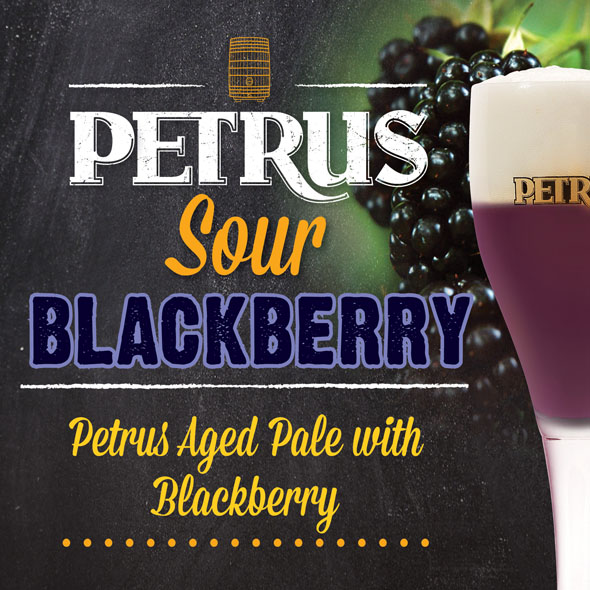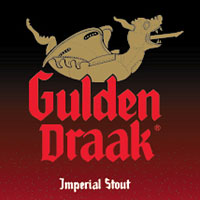Our portfolio offers a variety of styles hailing from Austria, Belgium, Germany and Ireland and Italy. It is important to note that all of these aforementioned countries’ culture of beer, wine and spirits are interconnected. The History of Belgian Beer is particularly interesting. As the crossroads of Europe, Belgium was destined to become synonymous for their wide variety of beer styles.
Furthermore, many of these beer styles below are the inspiration for so many American craft brewers who have become prolific in their own right. That is why it is interesting that, for the casual beer drinker, Belgian beer has a muddled perception. The term “Belgian-Style” has been used as catch-all term for many of the beers listed below. Someone may not like the taste of a wit beer, but may enjoy Saison. Someone may not enjoy the boldness of high-fermentation beers, but love Lambic. Does that mean they do not like Belgian Beer? Yes, we are little sensitive about this, so thanks for indulging us! Below is a list of the wide variety of beers offered by the Global Beer Network.
ABBEY ALE
All Abbeys brewed beer for their own consumption and for the consumption of the people living around the Abbeys. In the early 1950s most Abbeys stopped brewing since the influx of new monks dried up.
Learn MoreAMBER - RED ALES
Born from the English bitter, Amber and Red ales are united by a common color. In Ireland it is often presented as a red ale with a lower hop profile and a slightly toasted malt flavor. In America...
Learn MoreBELGIAN IPA
BLONDE ALE
It is a tradition for almost all self respecting Belgian breweries to have a blond beer in their portfolio, which is somewhat higher in alcohol than the regular Pilsner. These beers are not lagers bu
Learn MoreBOCKBIER
The color of bock beer is normally dark to very dark, and the alcohol content may vary between 6 and 8% by volume.The style comes out of the German culture, which is normal since the concept of lager
Learn MoreDUBBEL ALE
The Belgian dubbel is a rich malty beer with some spicy/phenolic and mild alcoholic characteristics. Not as much fruitiness as the Belgian dark ale but some dark fruit aromas and flavors may be
Learn MoreFRUIT BEER
A generic form of flavored beer, some breweries actually use real fruit or veggies, though most use an extract, syrup or processed flavor to give the effect of a particular fruit or vegetable.
Learn MoreFRUIT LAMBIC
Boon Fruit Lambics uses real fruit such as cherries and raspberries as opposed to juices, extracts, or flavorings
Learn MoreGEUZE
Geuze is a type of Belgian lambic beer. It is made by blending young (1 year old) and old (2 to 3 year old) lambic beer, and immediately bottling. Young lambic contains sugar that has not yet fully
Learn MoreGOLDEN ALE
Historically the gold style grew in popularity as an alternative to mass market lagers offering a fuller body and taste, that was both approachable and refreshing. Gold ales tend to be hop forward wit
Learn MoreLAGER
Lager is a type of beer conditioned at low temperatures. Lagers can be pale, amber, or dark. Pale lager is the most widely consumed and commercially available style of beer.
Learn MoreLAMBIC
A beer can only be labeled Lambic, when it is spontaneously fermented, which means wild yeast is used. This wild yeast is harvested by exposing the wort (the cooked grain liquid) to the open air.
Learn MorePILSNER
The most popular beer style in the world! About 90% of the consumed beer around the world is of this style. All big brand beers from Corona, Heineken, Coors, Budweiser, Beck’s … you name it,
Learn MoreQUAD
Inspired by the Trappist brewers of Belgium, a quadrupel is a Belgian style ale with bolder flavor. Typically a dark brew that ranges within the deep red, brown and garnet hues.
Learn MoreRADLER
SAISON
This style is typical for the country side of Hainaut, a province of Belgium and a department of France. It is a rural area with large grain farms, and these farms all used to brew.
Learn MoreSCOTCH ALE
A Scottish style ale, brewed outside Scotland, is an ale brewed with some typical ingredients like Kent hops, special yeast, and candy sugar. Normally, such beer should trace its origin back to some
Learn MoreSOUR ALE
Sour beer is a beer style characterized by an intentionally acidic, tart, sour taste. It is Category 17 of the Beer Judge Certification Program Style Guidelines. In theory any style of beer may be
Learn MoreSPECIAL ALE
Here belong all beers that are difficult to place with a specific style.Due to the exceptional nature of most Belgian beers, it is no surprise that a lot of beers could be catalogued under this style.
Learn MoreSTOUT
A stout was considered a workman’s beer in the 19th and early 20th century. Born out of the success of London porters, stouts were stronger with a fuller and creamier body hence the name.
Learn MoreTRAPPIST
Trappist beer is brewed by Trappist monks. Twelve monasteries—six in Belgium, two in the Netherlands, and one each in Austria, Italy, England and the United States—currently brew Trappist beer.
Learn MoreTRIPLE ALE
On the European continent, beers with the highest alcohol content are called triples. On the British Isles (and in the USA) the tradition is to call them Barley Wines. A beer is considered a triple
Learn MoreWEIZEN (WHEAT)
Weizenbier or Hefeweizen, in the southern parts of Bavaria usually called Weißbier (literally "white beer", but the name probably derives from Weizenbier, "wheat beer"), is a beer, traditionally from
Learn MoreWIT (WHITE)
Wit is the identification for Belgian Wheat Ales. They are absolutely different from German or US wheat beers. A Wit must be brewed using at least 25 % of wheat malts. Belgian wheat beers are fruitie
Learn MoreSAMPLER & GIFT PACKS
Sampler packs from GBN include the Boon VAT sampler, Sour Power Pack and Van Steenberge sampler. A great way to sample many styles.
Learn More

